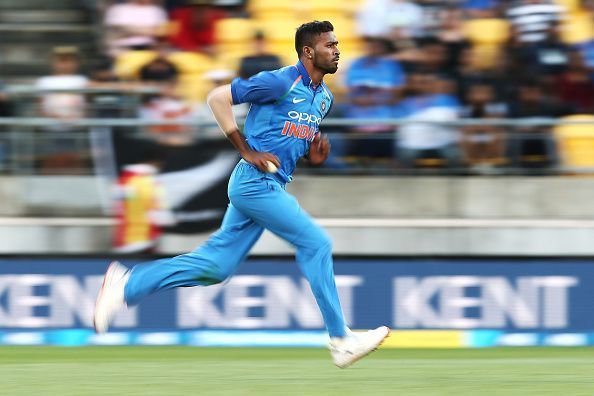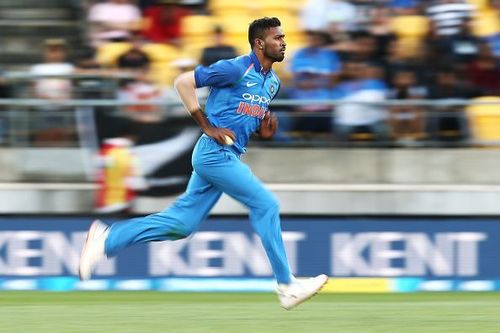
Does T20 cricket reward 'generalists' more than specialists?

Gone are the days when there was more Test Cricket played than the shorter formats. ODIs and T20s have found a place in people’s hearts, and they seem likely to get even more popular with time. Ever since the inception of the T20 format in particular, there has been no looking back.
Modern day cricket requires players to play the game differently, and requires different skills altogether. Different formats are seeing different approaches.
Some teams have adopted the concept of different team composition and captains for different formats. Captains have become more aggressive.
Bowlers with natural ability to swing or spin the ball are going for plenty. Instead, the bowlers with more variation and who can fire in yorkers consistently are considered gems. Regular finger spinners are being sidelined by the wrist spinners.
Batters who can accumulate 30-odd runs in no time are being valued more than the ones who consistently score well. As a result, batsmen are trying unorthodox shots more often.
Fielding and fitness hase become an all-encompassing necessity in T20 cricket. The format needs cricketers to be tactful rather than skillful. Technically proficient players are missing out whereas the unorthodox players are finding a place in the team.
The game expects players to be multi-skilled.
Going by the team structure across formats, there is a general trend to keep more all-rounders in the team in the shortest format. The earlier notion of keeping five batsmen, one wicket-keeper batsman, one all-rounder and four bowlers has become obsolete. All-rounders are now an integral part of the team.
Captains are now going for one all-rounder in their Test squad, and the number goes up to three in the T20 format. The top-ranked teams in the T20 format invariably have an excellent set of all-rounders.
Pakistan, the top ranked T20I team, have got Imad Wasim, Mohammad Hafeez and Shoaib Malik as all-rounders. India have got Hardik Pandya, Krunal Pandya, Ravindra Jadeja and Vijay Shankar as all-rounders who they play based on the requirement.
England did a great job in grooming Ben Stokes, Moeen Ali, David Willey and Chris Woakes as their full-fledged all-rounders; these players have been the biggest contributors to England’s recent success.
Marcus Stoinis and Glenn Maxwell of Australia and Colin de Grandhomme, Jimmy Neesham, Mitchell Santner and Colin Munro of New Zealand are crucial for their team as well. The shortest format specialist Andre Russell, Carlos Brathwaite and Jason Holder are an indispensable part of the West Indian cricket team.
We can see the same trend in IPL too. Mumbai Indians have got a fantastic pack of all-rounders in the form of Hardik Pandya, Krunal Pandya and Kieron Pollard. Kolkata Knight Riders are making the best use of their all-rounders; the muscle power of Russell and Sunil Narine has propelled KKR to victory on many occasions.
Sunrisers Hyderabad have got Mohammad Nabi, Vijay Shankar, Rashid Khan and Shakib Al Hasan as their all-rounders.
The dynamics of modern-day cricket have changed. Teams not only depend on all-rounders to play quick cameos and chip in with a few overs, but they consider them as the game-changers.
Selectors are now looking for “the jack of all trades” who can contribute in both departments, rather than the masters of any one skill. In that sense, it can be said that T20 cricket rewards generalists more than specialists.